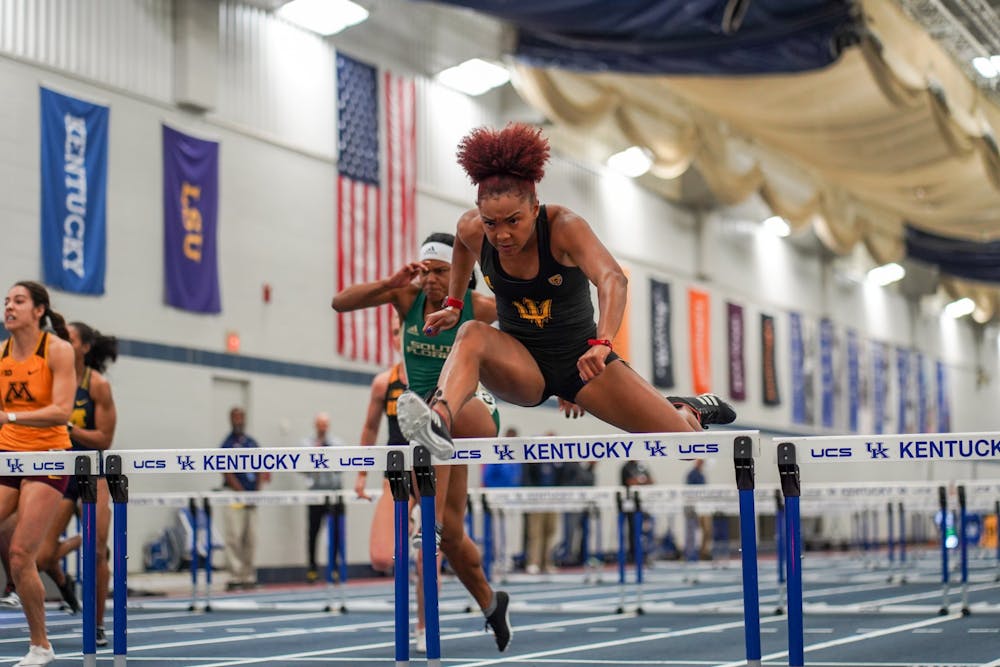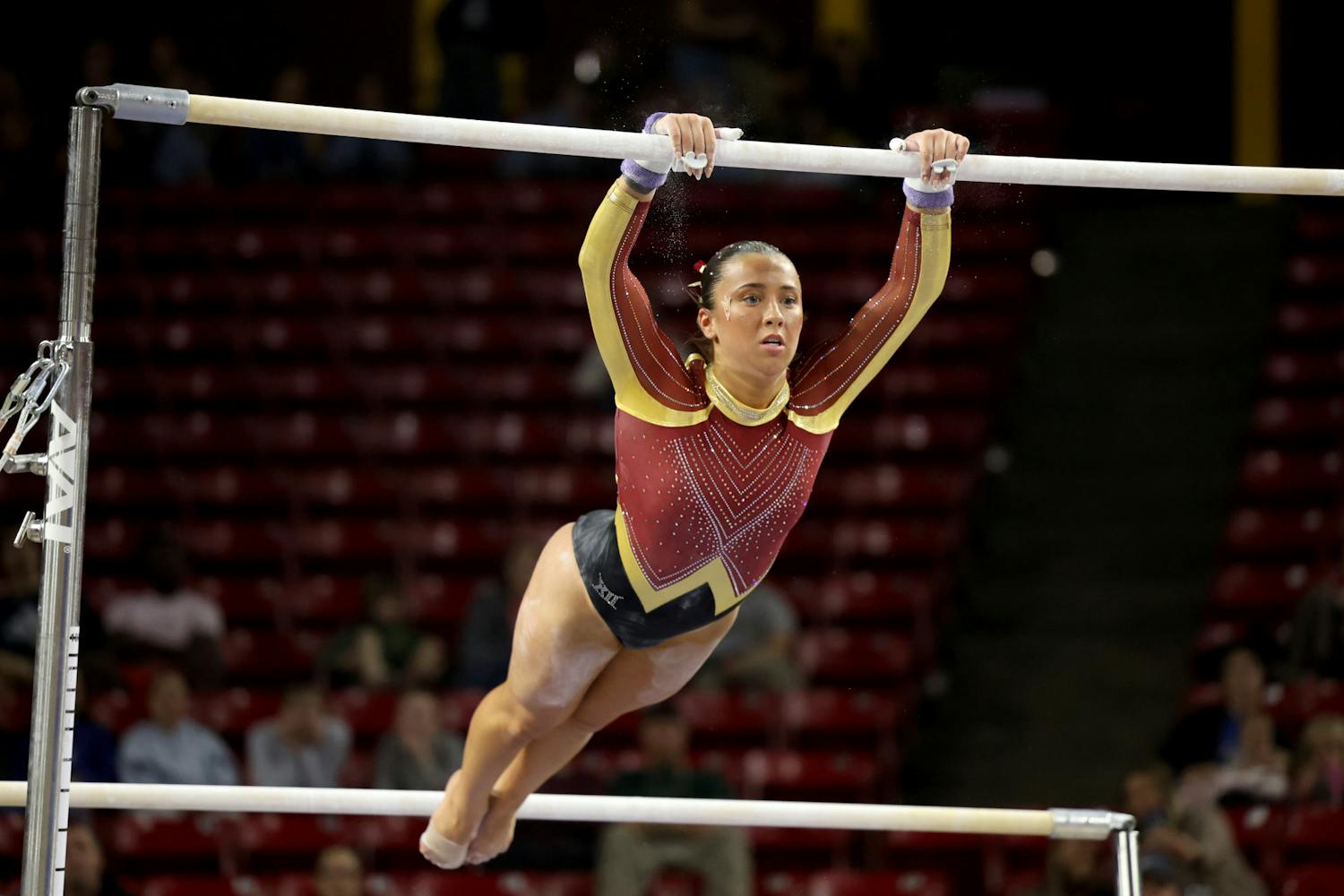In her two years attending Florida State, track and field senior Cortney Jones said she never felt comfortable enough to speak out on issues that mattered to her. It wasn't until Jones transferred to ASU that she felt like her voice mattered.
Since arriving at ASU in her junior year, Jones has been involved with multiple groups to help student-athletes create change on campus, including recently creating the Black Student Athlete Association at ASU, which had its first meeting last week.
According to Jones, the BSAA is a group created to provide "a safe space for Black and other student-athletes of color" and promoting outreach within the community on topics such as voter education and social injustice within the U.S.
Jones is joined by ASU softball senior infielder Kiara Kennedy and many other ASU student-athletes in creating a safe space on campus for Black students to have a voice.
The BSAA was formed as a result of Sun Devils United, according to Jones, an organization that is focused on creating "more diversity and inclusion with the athletics department."
Jones, along with a few others, formed Sun Devils United last summer after the student-athletes of a Student-Athlete Advisory Committee hosted a virtual town hall following the killings of George Floyd and Breonna Taylor.
Last year, Jones was elected as the Pac-12 SAAC chair and believes the opportunity has allowed her to focus on what student-athletes believe need to be changed and not what "the administration thinks should be changed."
"Being a part of SAAC and being on the executive board since transferring has allowed me to boost my voice as a student-athlete, especially being the only person of color on the board last year," Jones said.
The University of Minnesota, Louisiana State University, University of Miami, University of Southern California, University of Missouri and Dartmouth College are among some of the colleges that have Black student-athlete organizations similar to the BSAA created at ASU.
Dartmouth men's basketball forward Garrison Wade, co-president of the school's Black Student Athlete Alliance, said after the killings of Floyd and Taylor, he and his board members felt "we had to do something to have our athletes of color feel represented since we are at a predominately white school."
Missouri track and field athlete Cason Suggs, president of the school's Black Student Athlete Association, said he wants the association at his school to provide every student-athlete of color a "safe space" to talk with one another.
"Being a Black student-athlete, you find yourself in a very different community that isn't discussed very often," Suggs said. "You don't see who is behind the athlete, and the microaggressions they have to deal with."
Wade said he hopes Black Student Athlete Associations across the country could provide opportunities for student-athletes to connect with alumni, educate them on topics such as filing taxes and improving work balance.
But above all else, Suggs, Jones and Wade hope to educate others through their respective organizations on what it's like to be a person of color in college athletics.
"We come from all different walks of life, but there is a certain stigma that comes with being an athlete of color," Suggs said. "They don't expect you to have good academics, they just expect you to be able to perform as an athlete and profit off of your name."
Jones hopes that people from BIPOC communities, as well as people who aren't of color, join BSAA to educate themselves and become allies, Jones said.
Jones is looking ahead to competing in the 2021 Olympics and working toward obtaining her master's in sports business and law while also speaking out against social injustice.
"Continuing to be vocal and speaking about whatever is on our (athletes') minds and not being scared to speak about it is extremely important," Jones said. "It should not be the responsibility of people of color to have to educate the entire world on something that is available to everyone."
Reach the reporter at lhertz@asu.edu and follow @laurenrachell_ on Twitter.
Like The State Press on Facebook and follow @statepress on Twitter.
Continue supporting student journalism and donate to The State Press today.




